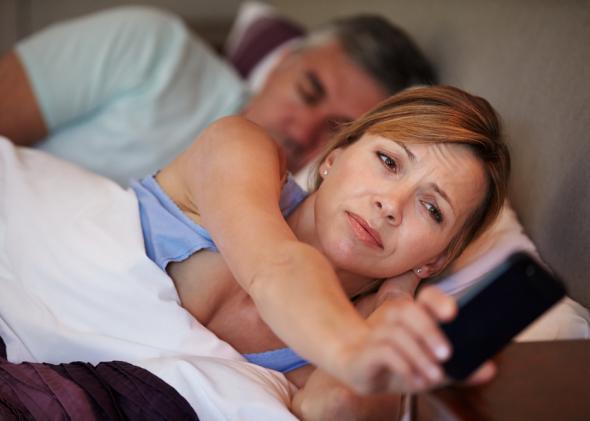Sleep is important. An ever-growing mountain of research shows that the amount and quality of sleep you get each night affects your health, mood, memory, decision-making, and performance on a wide range of physical and mental tasks. It also affects your likelihood of dying in a car crash. And yet Americans are getting less of it than ever before, to the point that the CDC has called insufficient sleep a public health epidemic. It’s understandable, then, that so many of us go around whining about the amount of sleep we did or didn’t get last night. Sometimes we use it as an excuse. Other times it’s a sort of humblebrag—as with complaints about how busy we are, it seems to signal that we’re too important, too in-demand, to look after our own basic needs. At worst it becomes an arena for a perverse brand of one-upmanship: “I only got four hours last night.” “Well, I only got 45 minutes!” The transparent obnoxiousness of this sort of complaining should be reason enough to cut it out. But just in case it isn’t, here’s an even better reason: Dwelling on how tired you are might actually make you more tired. That, at any rate, is one plausible interpretation of a forthcoming study in the Journal of Experimental Psychology, pre-published online this month by a Colorado College undergraduate and her psychology professor. In the study, undergraduate Christina Draganich and professor Kristi Erdal divided 164 students into two groups. Each student was connected to what they were told was a high-tech new device that could analyze their brain waves to assess the quality of the sleep they had gotten the previous night. Students in the first group were told that their REM sleep the night before had been above average, or 28.7 percent of their total sleep time. Those in the second group were told they had gotten just 16.2 percent REM sleep, well below the average. As you’ve probably guessed by now, the students who were told they’d gotten high-quality sleep the night before performed significantly better on a subsequent test that measured cognitive skills such as attention and information-processing. The researchers dubbed the phenomenon “placebo sleep,” comparing it to the salutary effects that have been found in patients who think they’ve received pain medication when in fact they’ve taken a sugar pill. Erdal, the professor, told me Draganich’s inspiration for the study was a remarkable 2007 experiment in which Harvard researchers found that telling hotel maids that their job is a great form of exercise actually improved their health. Compared to a group of maids who didn’t get the pep talk, those who were informed about the health benefits of their job were found a month later to have lost weight and improved their blood pressure. That the placebo effect might extend to the effects of perceived sleep on performance isn’t entirely surprising. But it’s worth keeping in mind the next time you’re tempted to dwell dramatically on how exhausted you are. Instead, try being thankful for the sleep you did get—or just shut up, quit worrying, and focus on getting more sleep tonight. Previously in Slate:
Study: Just Thinking You Slept Poorly Last Night Can Hurt Your Performance

Dwelling on your lack of sleep might actually make you more tired.
Monkey Business Images / Shutterstock.com
Advertisement